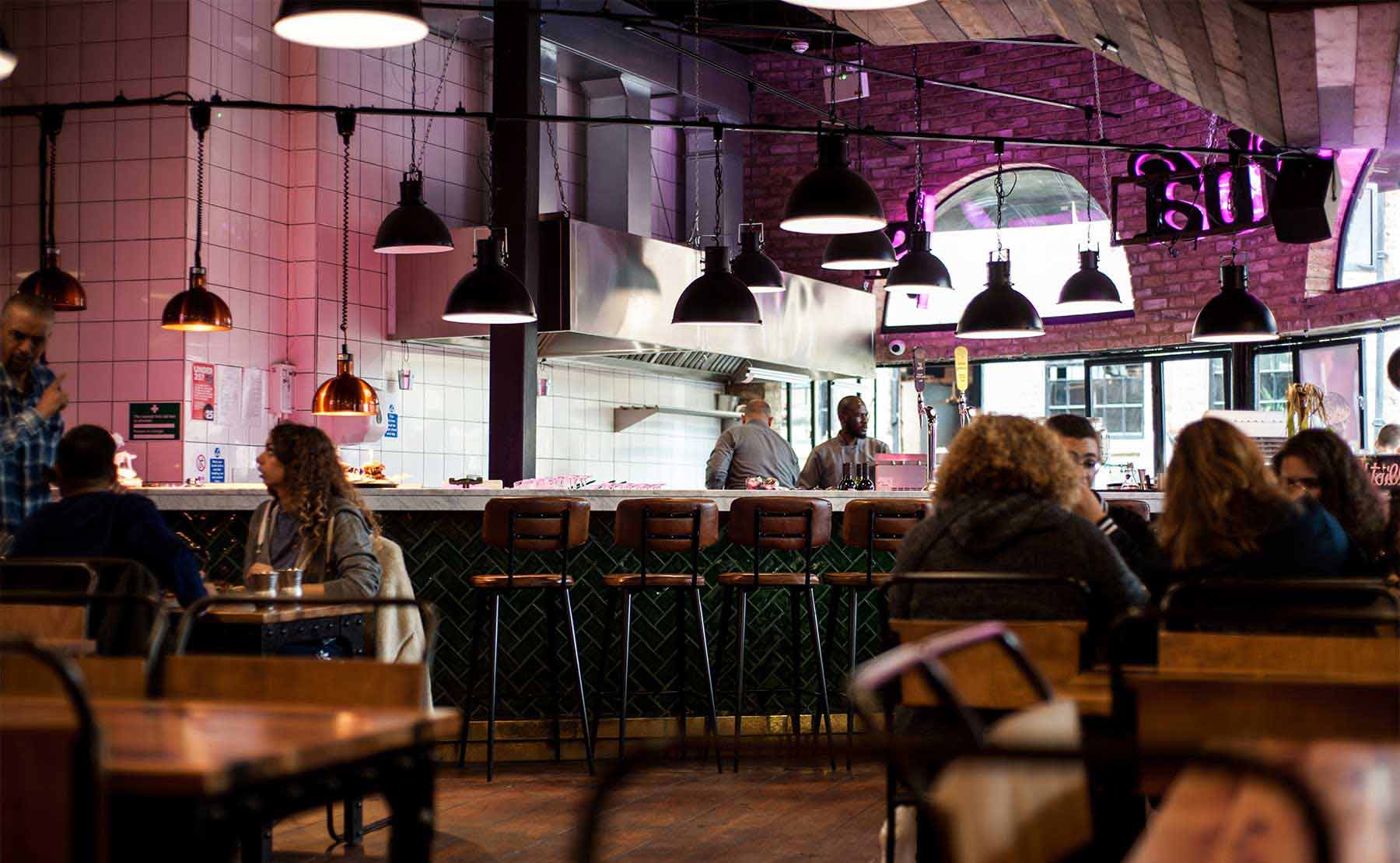Discounts can be a powerful tool to spread the word about your venue, and bring diners through your door. However, as with any strategy involving price fluctuation, there may be risk attached.
Slashing 50 cents off a large coffee, introducing a 2-for-1 bundle, bringing in a happy hour or introducing an irresistible ice cream deal may involve advantages and disadvantages.
Below are a few pros and cons to help you decide whether a discount may be right for you.
To discount
A discount can create buzz. Diner-focused publications like DishCult may be on the lookout for, say, a $1 ice cream deal, and customers walking-by might be attracted to the discounted product they hadn’t previously considered. The discount may persuade new customers who, in turn, will tell others how good your ice cream is at that price point.
Those new diners, who have been enticed through the doors by the $1 ice cream, may decide to return to try other complementary products, or the same product again (now at its original price). They may also remember your venue as the $1 ice cream place, and appreciate the goodwill that’s created by the discount.
The result of this – or any potential product discount – could lead to an increase in publicity, more turnover of a particular product, an increase in the purchase of other products, a range of new and returning customers and an enhanced reputation as an affordable venue.
To not discount
A hospitality venue reduces the price of their ice cream from $5 to $1 for, say, a day. The obvious downside is reduced profit margin and potentially, losses on the product where insufficient margin exists.
The discount may also devalue the ice cream you’re wishing to promote, by implying a lack of confidence that it’s good enough to sell at the original price. Following the discount, returning diners – who may now be accustomed to the reduced price – could become discouraged from purchasing the item at its full price, instead choosing to wait for another discount.
A discount may also lead to a reputational hit. It might highlight that the venue is looking to differentiate itself on price rather than the quality of the product offering. Becoming known as a cheap joint with good deals might not be the best thing for the reputation of the business.
There are a number of potential negatives associated with a discount. Lower revenue per sale is the most obvious, and customers may become accustomed to the discounted price, reluctant to pay more.
The verdict.
Discounts can be an effective, or non-effective strategy depending on your venue, product offering and a range of other factors. They may be worth considering, but – as with most things – context is everything.
Disclaimer: This guide is general in nature and does not take into account your individual circumstances. Before acting on any information, you should consider whether this is right for your business.



